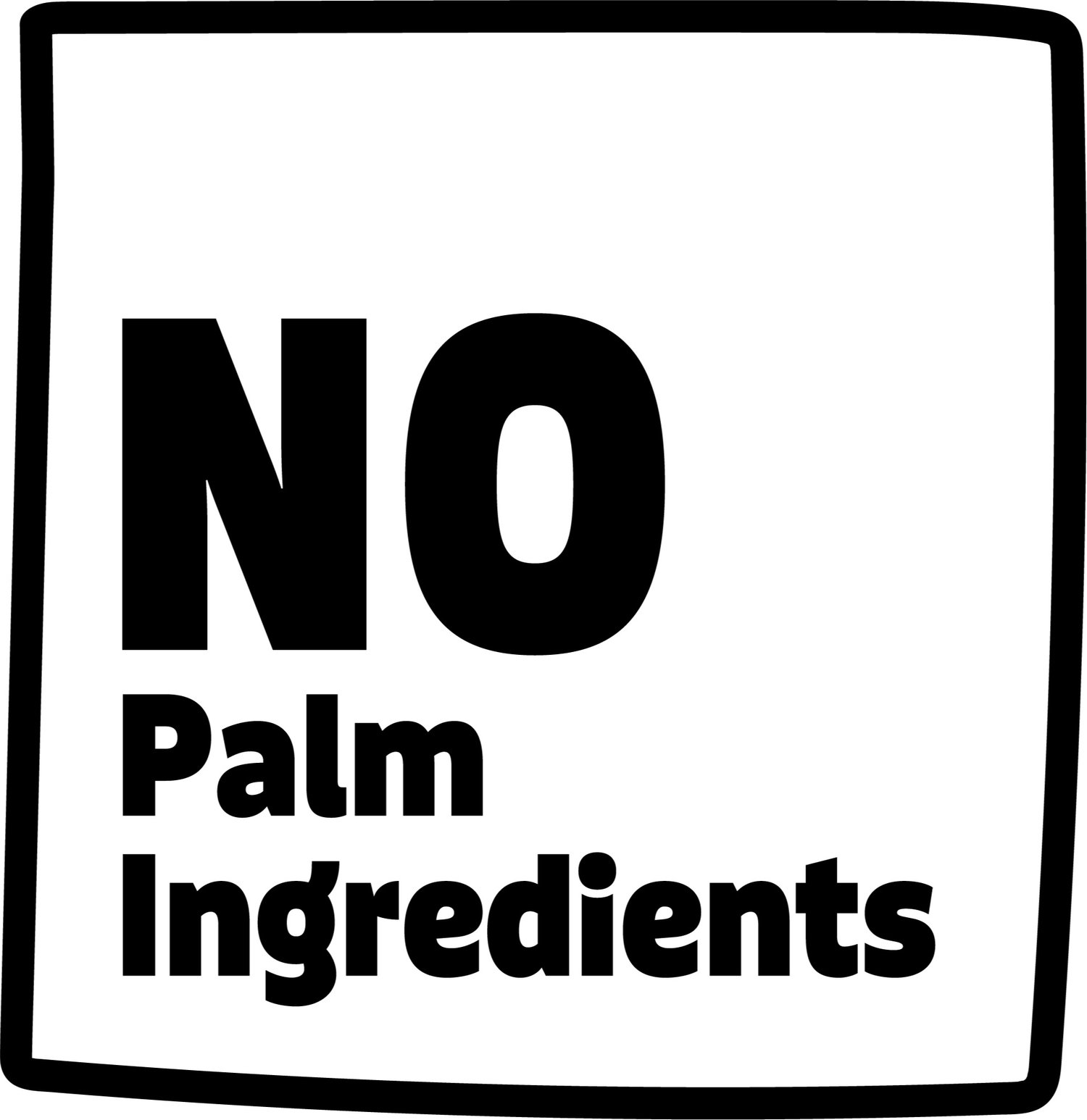Rethinking Oils and Fats: How Fermentation Can Help Deliver on the SDGs
The global demand for oils and fats is rising, and so is the urgency for sustainable alternatives that protect ecosystems, reduce emissions, and build resilient supply chains.
At NoPalm Ingredients, we believe in complementing existing oil sources with new, scalable solutions that decouple production from land use and environmental strain. By turning agri-food side streams into high-quality functional oils through fermentation, we’re offering a future-fit alternative that contributes to a more balanced and diversified ingredient landscape. Our approach supports three key Sustainable Development Goals:
SDG 12: Responsible Consumption and Production
SDG 13: Climate Action
SDG 15: Life on Land
These goals not only align with our long-term vision but also shape the practical choices we make every day. In this article, we explore how our fermentation process contributes to these global priorities by offering a sustainable, circular and scalable alternative to oils and fats.
SDG 12: Responsible Consumption and Production
SDG 12 calls for more sustainable consumption and production patterns, reducing resource intensity, preventing food loss, and promoting circularity in value chains. Today’s production systems for oils and fats are often resource-intensive and linear in design. This creates a disconnect between the growing demand and the planet’s limits.
We upcycle agri-food side streams, byproducts from the food industry, into high-quality functional oils and fats using non-GMO yeast fermentation. This not only reduces the need for agricultural resources but also brings new value to ingredients that would otherwise be underused, supporting a shift toward regenerative and future-resilient value chains.
By enabling brands in food, cosmetics, and personal care to expand their sourcing strategies with circular ingredients, we support more adaptive and responsible production practices across industries.
SDG 13: Climate Action
SDG 13 urges all industries to take decisive steps in mitigating and adapting to climate change. For oils and fats, that means rethinking emissions from both land use change and processing. Meeting global climate goals requires rethinking the infrastructure behind everyday ingredients.
Emissions from oil production are a significant and growing contributor to global greenhouse gases. According to the FAO, land use change and agricultural production together account for nearly 25% of global emissions, with oil crop cultivation contributing heavily through deforestation, fertilizer use, and processing energy. To meet climate targets, we must move beyond incremental improvements and address emissions at the production level by designing inherently low-emission systems from the start.
Our fermentation-based model significantly reduces the number of emissions. A third-party life cycle assessment shows that our process results in up to 90% fewer greenhouse gas emissions compared to tropical production systems (palm as a reference). By eliminating the need for land-intensive agriculture, long-distance transportation and high-energy refining, we fully integrate emissions reduction.
SDG 15: Life on Land
SDG 15 is focused on protecting terrestrial ecosystems, reducing biodiversity loss, and restoring degraded land. With the global demand for oils expected to grow by 4% annually, new production models must avoid further pressure on natural ecosystems.
Biodiversity loss and habitat degradation are deeply linked to how and where we produce the ingredients we rely on. Expanding agriculture continues to place pressure on ecosystems, threatening flora, fauna, and the essential services nature provides.
Our solution provides an alternative path. Instead of growing crops for oil, we produce it through fermenting underused side streams, requiring no new agricultural land. Compared to traditional processes, our approach uses 99% less land, helping to relieve stress on forests, peatlands, and biodiversity hotspots.
This is not about replacing existing production. It’s about diversifying supply with land-independent ingredients that ease pressure on ecosystems and contribute to a more balanced use of planetary resources.
In a future where ingredient demand continues to rise, offering new scalable options is essential. Our model supports companies navigating biodiversity and sustainability goals, regulatory expectations, and growing consumer scrutiny.
Looking Ahead: Building the Future Together
We understand that systemic change involves trade-offs: cost, reformulation, operational shifts. That’s why we’ve developed a production model that is not only climate-smart and resource-efficient, but also commercially viable.
Our patented simplified fermentation process reduces capital expenditure and is engineered for price parity with conventional tropical oils. Each R&D step is evaluated through a techno-economic lens to ensure affordability at scale.
"Sustainability isn’t a luxury, it must be the most practical choice on the table." —Jeroen Blansjaar, COO
We’re proud to collaborate with forward-thinking companies and brands that see value in expanding their sourcing strategies, not only to reduce impact but to build future-proof supply systems that work in harmony with planetary boundaries.
This is more than an innovation. It’s a contribution to a resilient, green, parallel oils and fats industry: circular, scalable, and in balance with the planet.
Join us in shaping a more balanced and sustainable future for oils and fats through fermentation.





